In today’s digital age, data privacy has become a major concern for individuals and organizations alike. With the increasing number of data breaches and cyber threats, governments around the world are implementing strict data privacy regulations to protect personal information. In this article, we will explore some of the most significant data privacy regulations from around the world.
General Data Protection Regulation (GDPR) – European Union
GDPR is a comprehensive data protection regulation that came into effect in May 2018. It applies to all organizations that collect, store, and process personal data of EU citizens, regardless of where the organization is based. The GDPR requires organizations to obtain explicit consent from individuals before collecting their personal data and to protect that data with appropriate security measures. Organizations found in violation of the GDPR can face fines of up to 4% of their annual global revenue.
California Consumer Privacy Act (CCPA) – United States
CCPA is a data privacy law that came into effect in January 2020. It applies to all businesses that collect the personal data of California residents and have an annual revenue of $25 million or more. The CCPA gives individuals the right to know what personal information is being collected about them, the right to request the deletion of their personal information, and the right to opt-out of the sale of their personal information. Non-compliance with the CCPA can result in fines of up to $7,500 per violation.
Personal Information Protection and Electronic Documents Act (PIPEDA) – Canada
PIPEDA is a federal data privacy law that applies to all private sector organizations that collect, use, or disclose personal information for commercial purposes. It requires organizations to obtain consent from individuals before collecting their personal information and to protect that information with appropriate security measures. The PIPEDA also gives individuals the right to access their personal information and to request its correction. Organizations that violate the PIPEDA can face fines of up to $100,000.
Data Protection Act (DPA) – United Kingdom
DPA is a comprehensive data protection law that was in effect until the GDPR replaced it in 2018. It applies to all organizations that collect, store, and process personal data of UK citizens. The DPA requires organizations to obtain consent from individuals before collecting their personal data and to protect that data with appropriate security measures. Organizations found in violation of the DPA can face fines of up to £500,000.
Personal Data Protection Act (PDPA) – Singapore
PDPA is a data protection law that came into effect in 2014. It applies to all organizations that collect, use, and disclose personal data in Singapore. The PDPA requires organizations to obtain consent from individuals before collecting their personal data and to protect that data with appropriate security measures. The PDPA also gives individuals the right to access their personal information and to request its correction. Organizations that violate the PDPA can face fines of up to SGD 1 million.
Privacy Act – Australia
The Privacy Act is a comprehensive data protection law that applies to all organizations that collect, use, or disclose personal information in Australia. It requires organizations to obtain consent from individuals before collecting their personal data and to protect that data with appropriate security measures. The Privacy Act also gives individuals the right to access their personal information and to request its correction. Organizations found in violation of the Privacy Act can face fines of up to AUD 2.1 million.
PIPA (Personal Information Protection Act) – South Korea
Personal Information Protection Act (PIPA) was introduced in South Korea in 2011 and regulates the collection, use, and handling of personal information. The PIPA requires companies to obtain consent from individuals before collecting their personal information, and to only collect information that is necessary for a specific purpose. The act also requires companies to implement appropriate security measures to protect personal information from unauthorized access, loss, destruction, or alteration.
POPIA (Protection of Personal Information Act) – South Africa
Protection of Personal Information Act (POPIA) was enacted in South Africa in 2013, but enforcement began on July 1, 2021. The act aims to protect the privacy of personal information by regulating how it is collected, processed, stored, and shared. POPIA applies to all organizations that process personal information in South Africa, regardless of whether they are based in the country or not. The act requires organizations to obtain consent from individuals before collecting their personal information and to implement appropriate security measures to protect it.
LGPD (Lei Geral de Proteção de Dados Pessoais) – Brazil
Lei Geral de Proteção de Dados Pessoais (LGPD) was introduced in Brazil in 2018 and became enforceable in September 2020. The LGPD regulates the processing of personal data in Brazil and applies to any organization that processes personal data, regardless of their location. The act requires organizations to obtain consent from individuals before collecting their personal data and to implement appropriate security measures to protect it.
Conclusion
As data breaches and cyber-attacks become more common, data privacy regulations are becoming increasingly important for organizations to comply with. In today’s globalized world, companies must be aware of the regulations that apply to them, regardless of their location. This means that organizations must implement appropriate security measures to protect personal information and ensure that they comply with applicable regulations.
Accutive Security provides a range of services to help organizations comply with data privacy regulations, including data discovery, data masking, and compliance assessments. By partnering with Accutive Security, organizations can ensure that their data is protected and remain compliant with data privacy regulations.


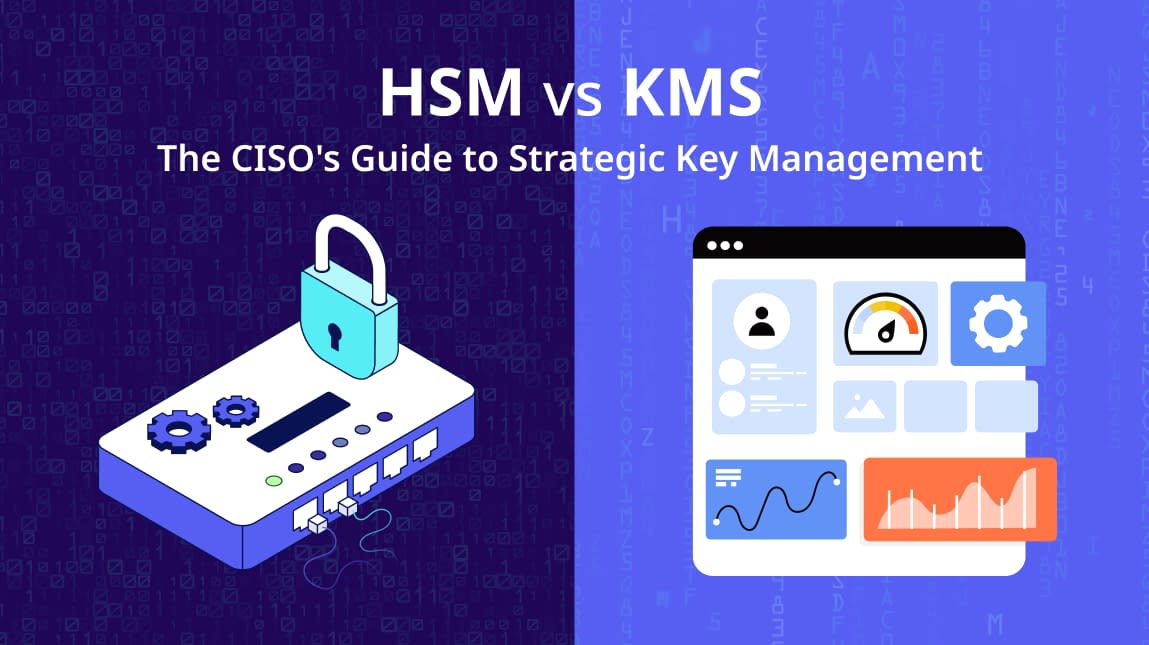
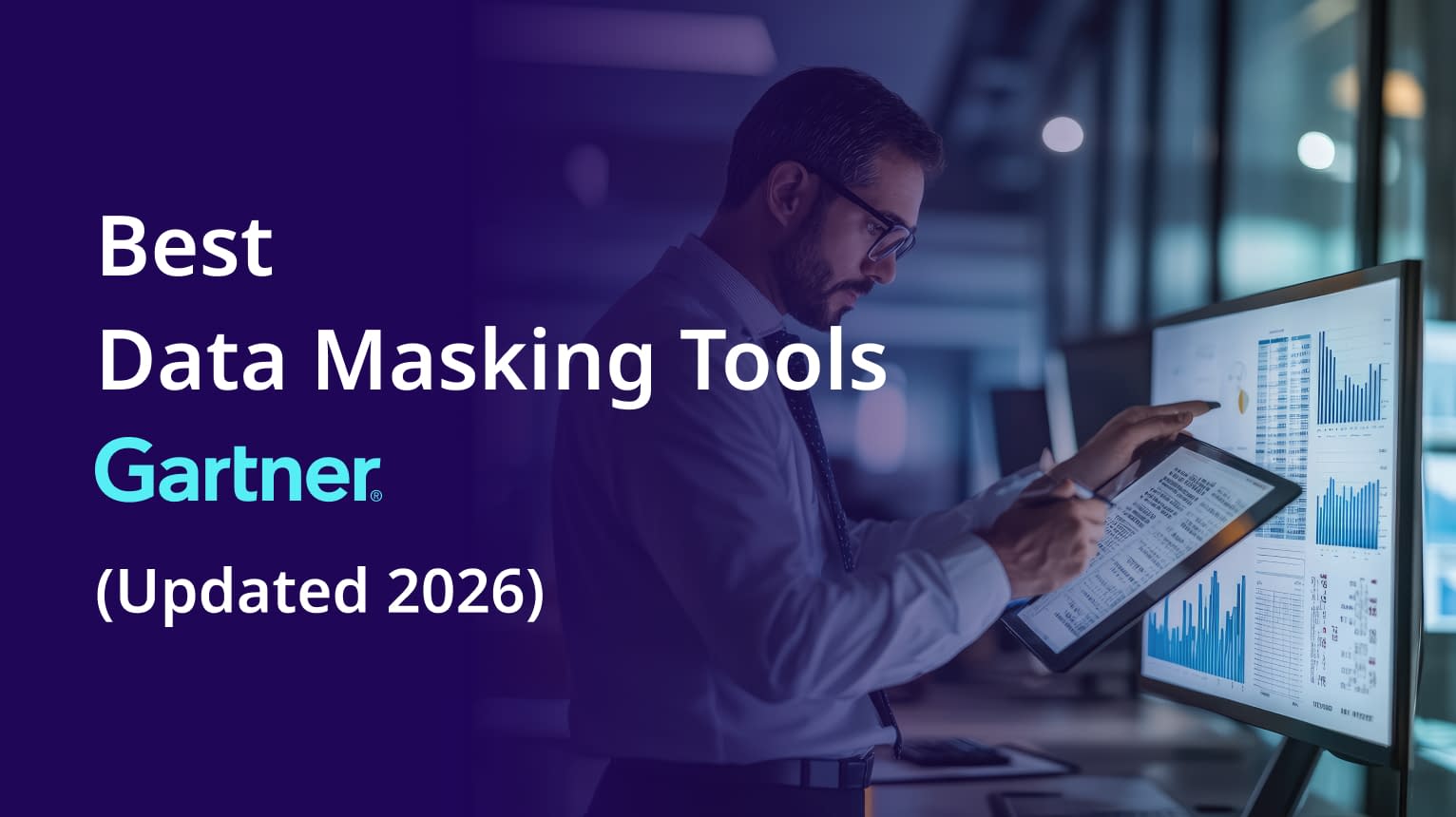
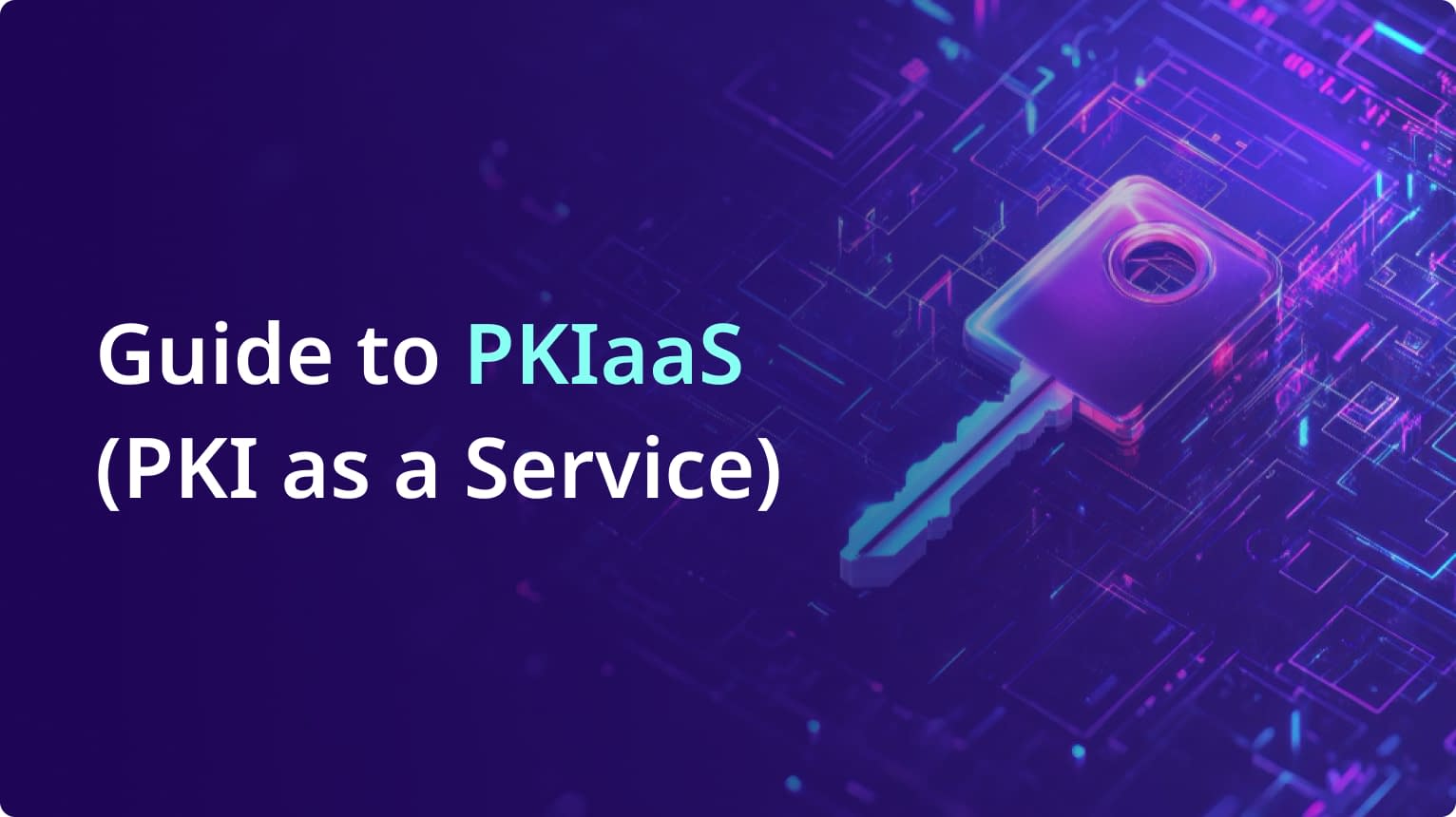
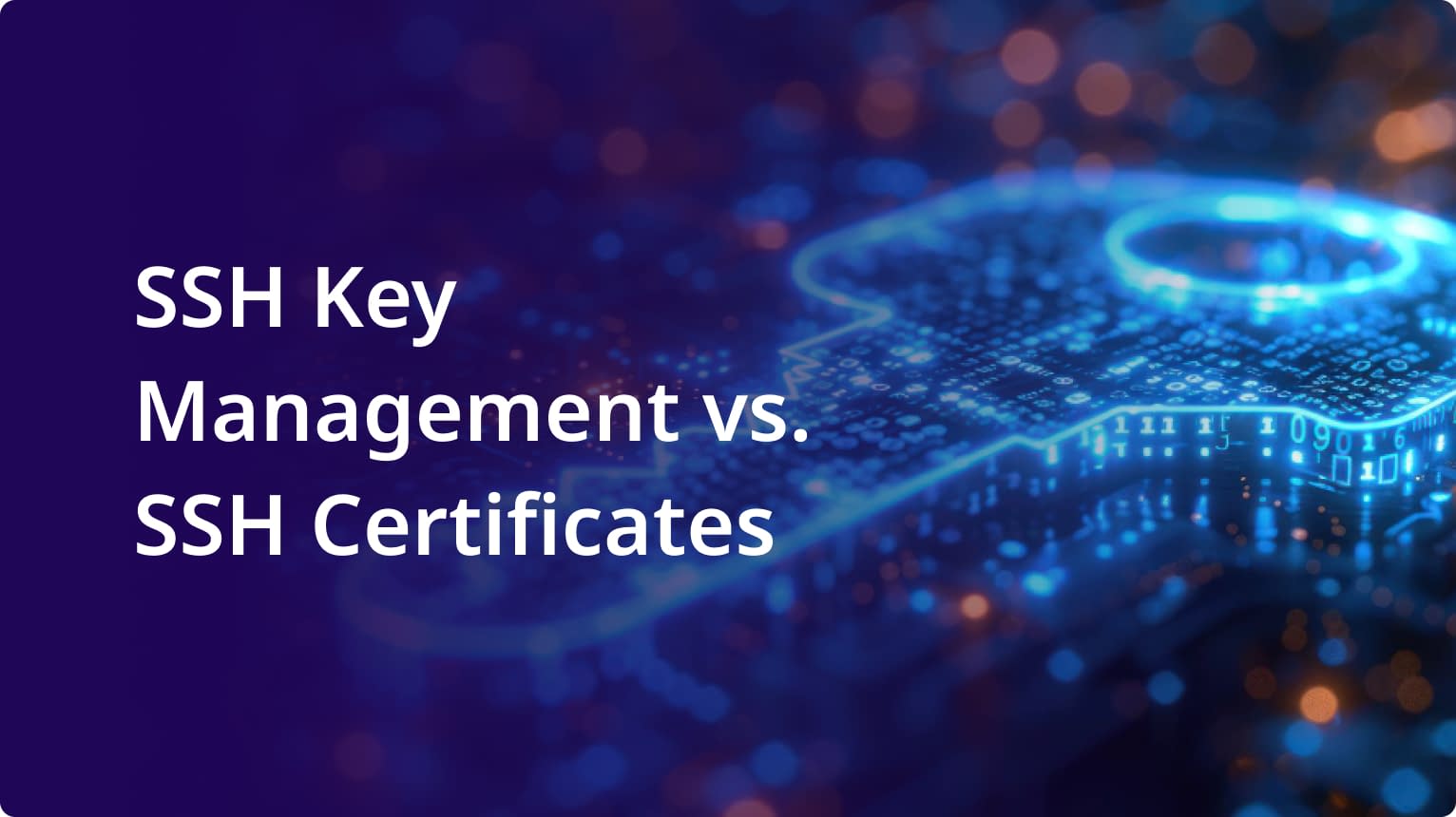
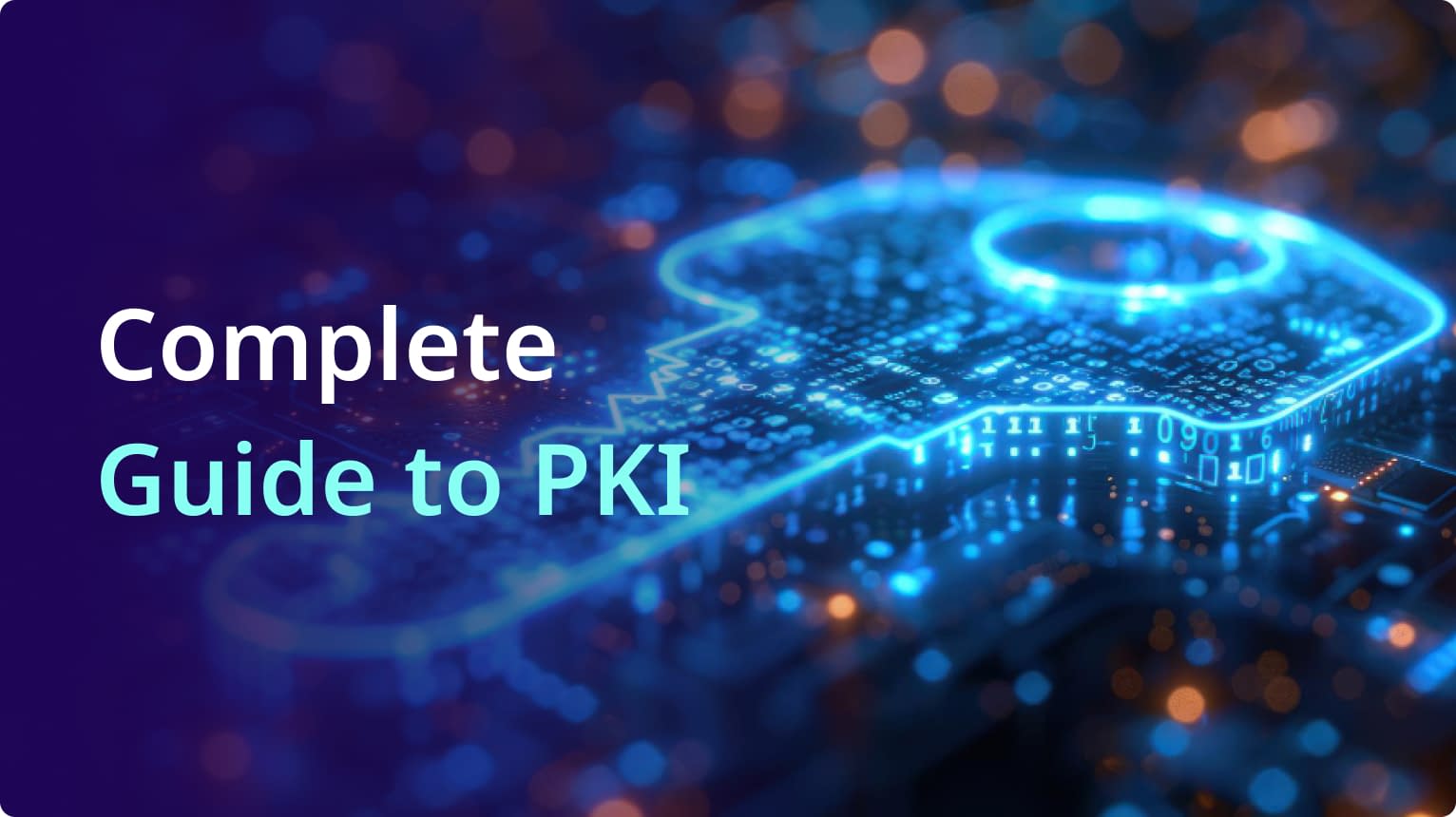


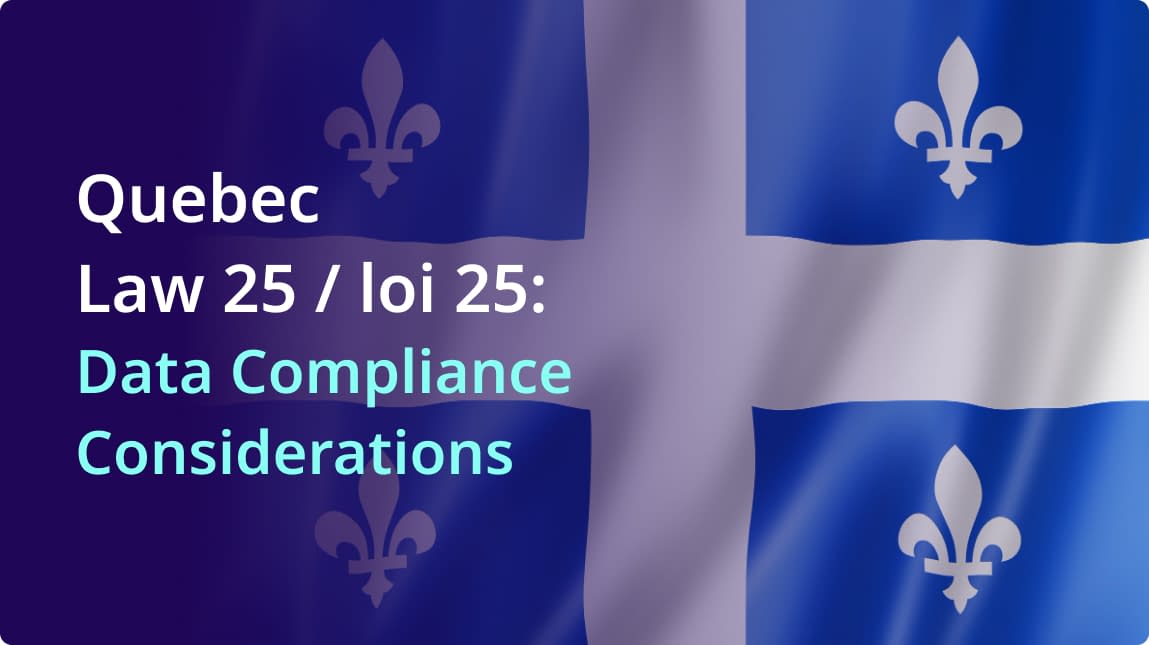

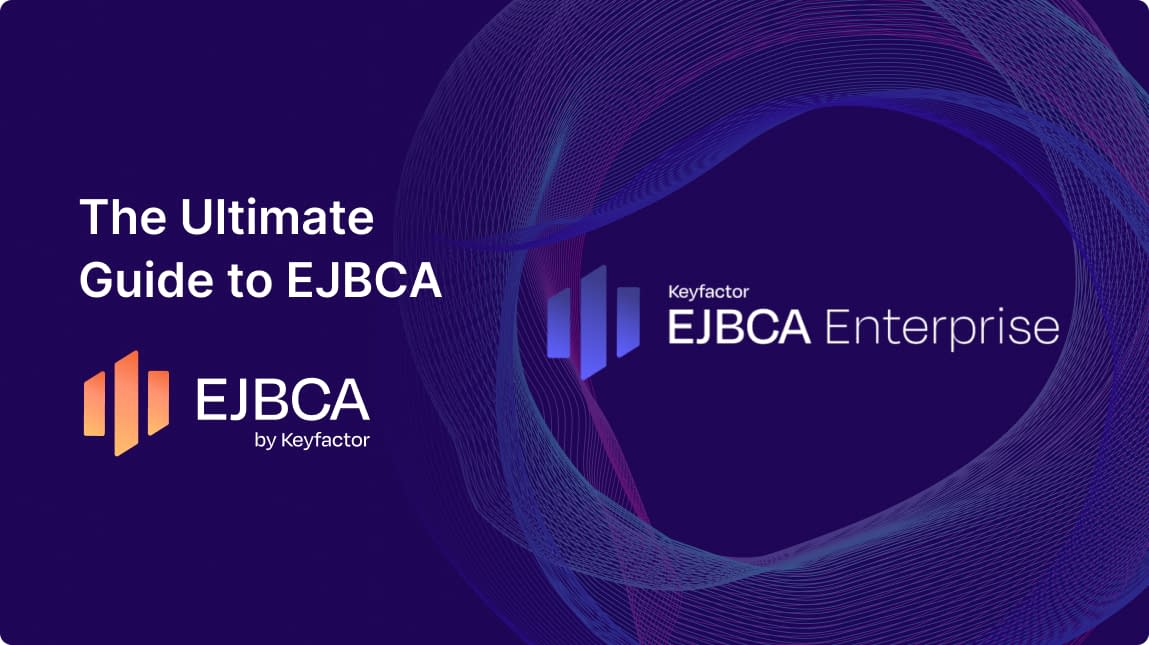
Comment